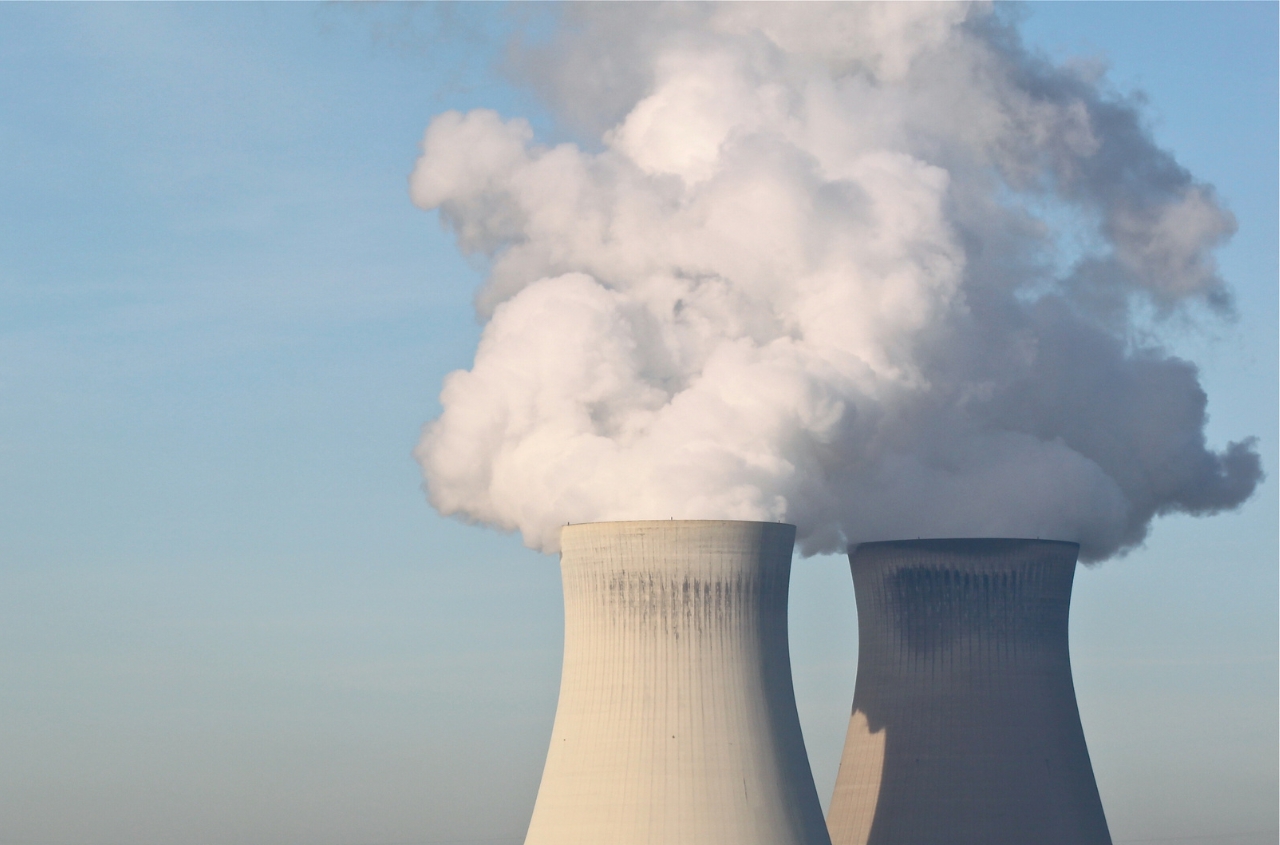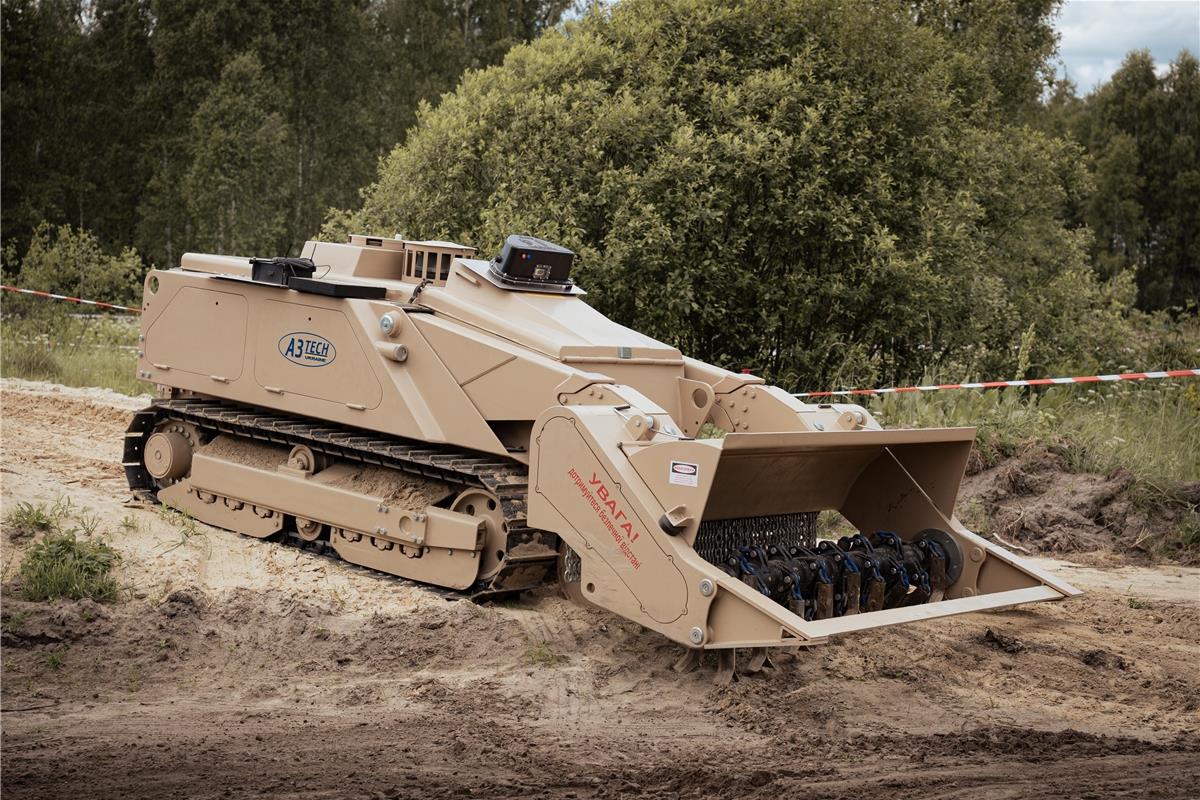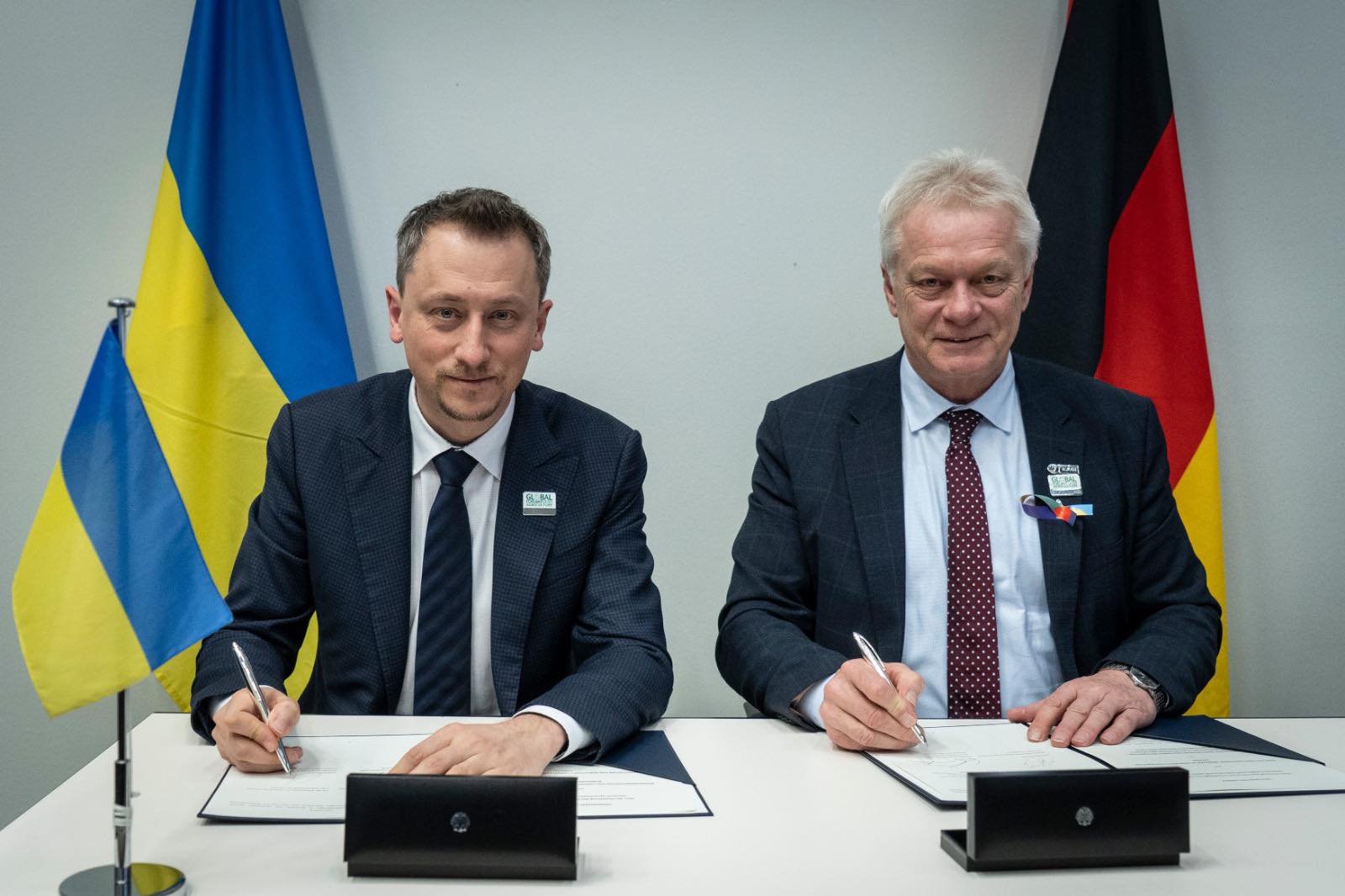The proportion of Ukrainians who view the country's events positively decreased to 40% in 2024, compared to 49% the previous year.
This is according to national survey data conducted by the Ilko Kucheriv Democratic Initiatives Foundation in collaboration with the Razumkov Center’s sociological service from August 8 to 15, 2024.
“The proportion of positive assessments of the direction in which events are developing in Ukraine has decreased over the past year: currently, 40% of Ukrainians believe events are moving in the right direction (down from 49% in 2023), while 37% view the direction as wrong,” the press release from the Democratic Initiatives Foundation, published on their website on Thursday, states.
It is noted that men are somewhat more likely than women to view the direction as correct, while women show more pronounced uncertainty.
The greatest regional differences are observed in feelings of hope. The lowest levels are noted in the Eastern macroregion (48.5%), followed by the West (56.5%) and the South (60.5%). Meanwhile, the highest sense of hope is found among residents of Central Ukraine, at 71%. Additionally, hope for Ukraine's future and optimism increase with higher income levels of respondents, whereas anxiety is more pronounced among the less affluent segments of the population.
76% of Ukrainians believe that Russians do not perceive Ukraine as an independent sovereign state. This view is prevalent among all socio-demographic groups of respondents, regardless of their age, gender, type of settlement, education level, and income.
Regionally, the belief that Russians do not view Ukraine as an independent and sovereign state also predominates across all macroregions, though the figures vary slightly. The belief is most widespread in Central Ukraine (80.5%) and the West (78%), and somewhat less frequently mentioned in the South (72%) and the East (66%), though it still represents an absolute majority in these regions.
The vast majority of Ukrainians (69%) believe that society has become more united during the full-scale war, while 24% think this has not happened. Those who do not see increased unity after the full-scale invasion are most numerous in the South (32%), East (29%), and West (26%), and least in Central Ukraine (18%).
The vast majority of Ukrainians (71%) have engaged in volunteer activities to support the military, displaced persons, or those affected by the war since the start of the full-scale invasion. Specifically, 34% provided financial assistance, 15% offered physical help, and another 22% contributed both physically and financially. Notably, the proportion of those who offered financial aid is roughly the same across different age groups (34-35%). At the same time, 17% of people have not provided help and do not plan to do so.
The survey was conducted face-to-face in various regions including Vinnytsia, Volyn, Dnipropetrovsk, Zhytomyr, Zakarpattia, Zaporizhzhia, Ivano-Frankivsk, Kyiv, Kirovohrad, Lviv, Mykolaiv, Odessa, Poltava, Rivne, Sumy, Ternopil, Kharkiv, Kherson, Khmelnytskyi, Cherkasy, Chernihiv, Chernivtsi regions, and Kyiv city (in Zaporizhzhia, Mykolaiv, Kharkiv, and Kherson regions, only in government-controlled areas not engaged in active combat).
The survey used a stratified multi-stage sampling method with random selection in the initial stages and a quota method for selecting respondents in the final stage. The sample structure reflects the demographic structure of the adult population of the surveyed areas as of early 2022 (by age, gender, and type of settlement).
A total of 2,017 respondents aged 18 and over were surveyed. The theoretical sampling error does not exceed 2.3%.





















